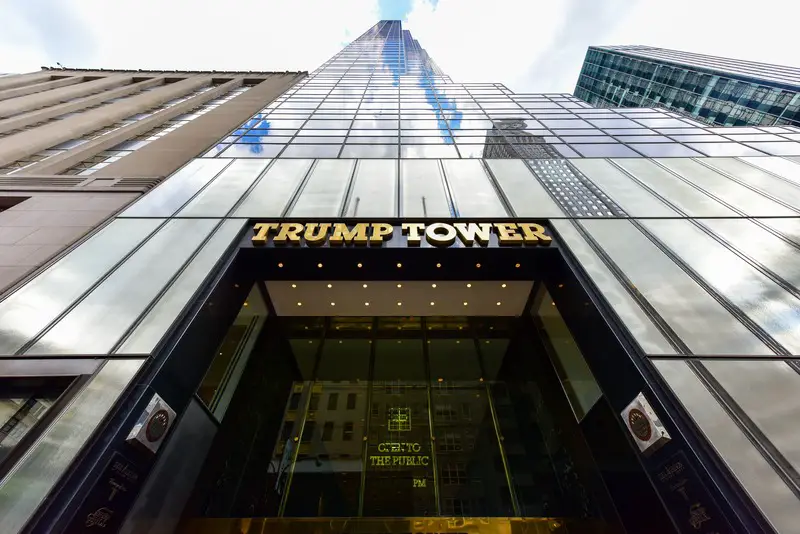College Republican clubs across the United States are reporting significant membership increases following Donald Trump’s re-election, with some chapters doubling their numbers since the fall semester began.
At New York University, where the president-elect’s son, Barron Trump, is a freshman at the Stern School of Business, the College Republican Club has seen weekly meeting attendance grow from five to 40 members. The presence of the younger Trump has created substantial interest on campus, though he is not a member of the organization.
“This election made a lot of people more optimistic about the future of conservatism in general, I think, although [our] presence on a liberal academic campus like NYU is still generally looked down upon,” said Kaya Walker, president of NYU’s College Republican Club, who is a senior studying French.
Walker acknowledges the curiosity surrounding the president-elect’s son, noting, “He’s kind of watched like a zoo animal.”
The younger Trump’s influence extends beyond political circles. Sources describe him as “popular with the ladies” and note that “even liberal people like him.” His presence has generated significant social media attention, with students frequently posting pictures of him in class.
The surge in Republican Club membership at NYU reflects a broader trend across American universities. Penn State’s chapter has doubled enrollment to 200 active members this school year. Tristin Kilgore, vice president of Penn State College Republicans, attributes part of Trump’s popularity with current college students to their experiences during the pandemic.
“We were in high school, and it was a really tough time,” said Kilgore, 20, a sophomore studying philosophy. “We’re not supporting the people who were in favor of keeping us away from our friends and away from our schools and setting us back in life.”
The University of Michigan’s chapter, established in 1892 and the oldest College Republican Club in the country, has increased membership by about a third, reaching 445 students. This makes it roughly half the size of the university’s Democratic Club. The chapter’s president predicts further growth in the coming months with the new presidency.
At Babson College in Wellesley, Massachusetts, membership in the College Republicans grew significantly over the semester, doubling to 73 members. Club president Neko Kady, a sophomore studying tech entrepreneurship, noted that more people are engaging with the group as they realize it is not just a small, stereotypical gathering. Kady described the club’s reaction to the election results as excitement and celebration.
The University of North Carolina’s College Republicans Club reported its membership more than doubled in the two months leading up to the election, growing from 120 to 250 members. The surge in conservative activism has become visible on many campuses, with students openly wearing MAGA hats in public spaces, including libraries.
Alexander Richmond, president of the University of Michigan’s College Republicans chapter, observed a change in how first-year students are engaging with the club. He explained that many students are pushing back against what is typically viewed as a dominant left-leaning culture and bias on college campuses.
Richmond, a 19-year-old political science major, noted that while conservative freshmen traditionally remained quiet, his club now attracts unprecedented numbers of first-year members.
The resurgence of College Republican clubs across the country highlights a shifting political dynamic on college campuses, fueled by Donald Trump’s re-election and the fresh wave of conservative enthusiasm among students. From established chapters like the University of Michigan to smaller ones at Babson College, these organizations are experiencing unprecedented growth, with many doubling their memberships in months.
For a generation shaped by the challenges of the pandemic and seeking alternatives to the prevailing campus culture, these clubs are becoming a vibrant outlet for political expression and community. As conservative activism continues to rise, these students are positioning themselves as a powerful force shaping the future of campus politics and beyond.











